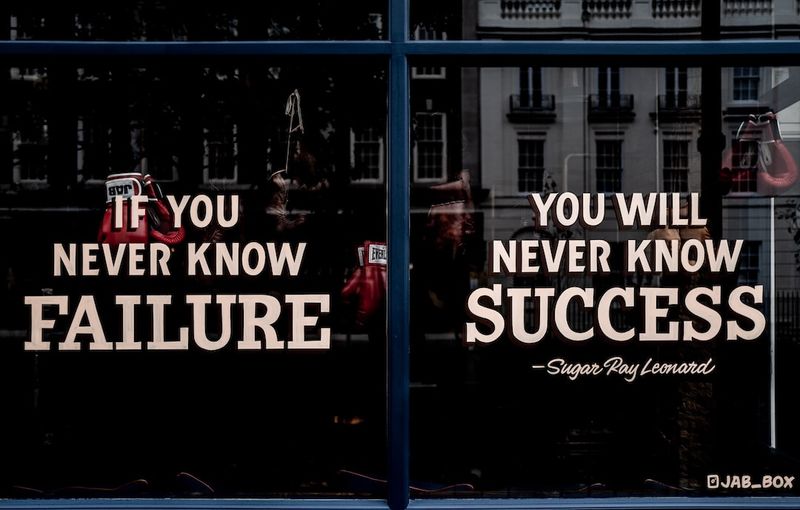They Cloned Tyrone: Unpacking the Personal Motivations Behind a Sci-Fi Satire
Ambitious Beginnings
Juel Taylor, a familiar name in Hollywood as a writer for blockbusters like “Creed II” and “Space Jam: A New Legacy,” has now made his directorial debut with the sci-fi comedy “They Cloned Tyrone.” Starring John Boyega, Jamie Foxx, and Teyonah Parris, the film delves into themes of structural racism, personal autonomy, and the search for meaning. While Taylor’s previous films fit neatly into the mainstream entertainment category, “They Cloned Tyrone” boldly tackles weightier subjects, making it a unique and compelling addition to his repertoire.
An Origin Story
In an interview, Taylor shared the unconventional genesis of “They Cloned Tyrone.” The idea for the film came to him in a burst of inspiration during his collaboration with Tony Rettenmaier on the TV show “Raising Dion” in 2017. As they worked on “Creed II” in 2018, the duo pitched and sold the concept for “They Cloned Tyrone.” The original idea revolved around creating a mystery narrative akin to a subpar version of “Scooby-Doo,” but with unconventional heroes— a pimp, a prostitute, and a drug dealer.
However, the story truly took shape when Taylor encountered a personal revelation. Reconnecting with a college friend who had experienced a life-altering event during their younger years, Taylor uncovered the friend’s struggle with depression. This newfound understanding of blame and responsibility became the foundation upon which “They Cloned Tyrone” was built. The film’s protagonist, Fontaine, embodies an identity crisis and grapples with circumstances beyond his control, inviting the audience to question the boundaries of personal agency.
A Genre-Driven Approach
Taylor’s creative process is heavily influenced by mood and tone, often sparked by a song or piece of score that evokes a particular feeling. For “They Cloned Tyrone,” Taylor drew inspiration from ’80s R&B, funk, and Southern rap, creating a soundtrack that echoes throughout the film. The genre-driven approach extends beyond music, with Taylor citing films like “The Truman Show,” “They Live,” and “The Matrix” as major influences. The blending of these diverse elements results in a unique cinematic experience that combines elements of science fiction, conspiracy thrillers, and social commentary.
Navigating Racial Stereotypes
One of the most striking aspects of “They Cloned Tyrone” is its incorporation of stereotypical ideas about Black culture within the context of a conspiracy plot. The film touches on cultural references such as fried chicken, grape drink, and perm cream, deliberately engaging with these stereotypes to explore deeper themes. Taylor acknowledges the potential discomfort associated with portraying such imagery, recognizing that some viewers may find it problematic. However, he believes that addressing these subjects is essential to provoke thought and foster meaningful discussions.
Taylor successfully walks a tightrope between absurd plot points and the heavier undertones derived from racial stereotypes. By challenging how both individuals and society perceive themselves and others, he aims to simultaneously entertain and engage audiences. However, he emphasizes that interpretation is subjective, and viewers are free to have their own perspectives on the film. Rather than enforcing a singular view, Taylor invites viewers to reflect on the characters, the story, and the deconstruction of stereotypes portrayed within the narrative.
Editorial: Balancing Satire and Sensitivity
A Delicate Dance
Navigating racial stereotypes in film is an intricate dance that carries inherent risks. The line between satire and perpetuating harmful stereotypes can be thin, emphasizing the importance of deliberate and thoughtful storytelling. “They Cloned Tyrone” showcases Juel Taylor’s commitment to exploring roots of racism while maintaining an entertaining narrative. By subverting conventions and presenting multidimensional characters, Taylor challenges both the industry and the audience to confront preconceived notions and engage in critical introspection.
Sheer Entertainment or Cultural Commentary?
While Taylor’s intentions are clear, it is crucial to examine the impact of his choices within the broader cultural landscape. Portraying racial stereotypes for entertainment purposes can inadvertently reinforce harmful images and perpetuate negative perceptions. Filmmakers must carefully balance artistic license with responsible storytelling, ensuring that the end result promotes dialogue and understanding without causing harm.
A Catalyst for Discussion
“They Cloned Tyrone” serves as a catalyst for deeper conversations about the complexities of racism and cultural representation. By venturing into uncharted territory and challenging the boundaries of what is deemed acceptable, this film prompts viewers to critically examine their own biases and assumptions. It opens the door for discussions about the portrayal of marginalized communities and the potential for onscreen stereotypes to perpetuate real-world inequalities.
Advice: Confronting Stereotypes with Nuanced Storytelling
A Call for Authenticity
Filmmakers who choose to engage with stereotypes must approach their subjects with sensitivity and authenticity. Drawing from their own experiences and identities can provide the necessary insight to navigate these delicate themes. Authenticity fosters trust between the storyteller and the audience, allowing for more meaningful narratives that challenge preconceived notions.
Interrogating Intentions
Before embarking on a film project that addresses stereotypes, creators should thoroughly examine their intentions and potential consequences. Considering the social and historical context surrounding these topics is crucial to avoid perpetuating harmful imagery. Filmmakers must weigh the desire for entertainment against the moral responsibility to promote empathy and understanding.
Embracing Diverse Perspectives
To create more nuanced and inclusive narratives, the film industry must amplify the voices and perspectives of underrepresented communities. By diversifying the industry and fostering collaboration, filmmakers can draw upon a broader range of experiences and challenge existing tropes.
In the case of “They Cloned Tyrone,” Juel Taylor’s directorial debut represents a bold step towards telling stories that dissect racial stereotypes while offering an entertaining spectacle. By combining elements of genre, engaging with cultural references, and introducing complex characters, Taylor invites audiences to confront their own biases and engage in meaningful dialogue about representation and societal issues. Through careful consideration and a commitment to authenticity, filmmakers can continue to push boundaries and create films that challenge stereotypes while promoting understanding and empathy.

<< photo by the blowup >>
The image is for illustrative purposes only and does not depict the actual situation.




